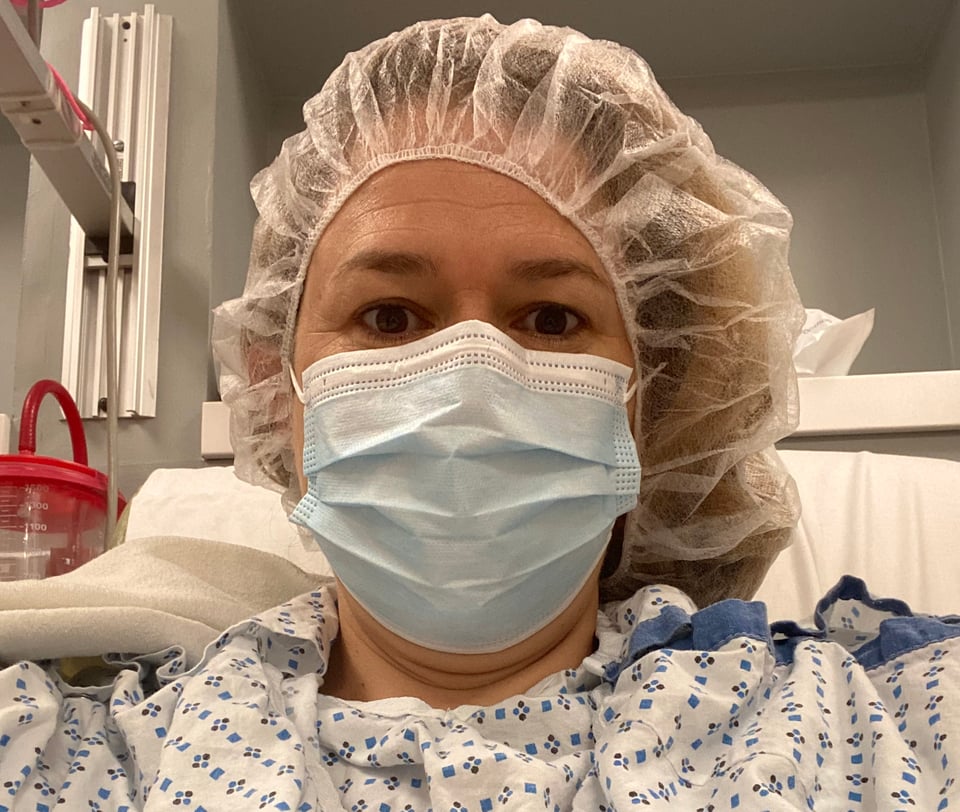Food Publicist Finds Way Back To Flavor After Reconstructive Mouth Surgery
For Chloe Crane, eating and drinking is the job — but life-saving procedures forced her to relearn how to taste.

One of the best perks of working adjacent to the hospitality business is the opportunity to taste an astounding gamut of flavors the world has to offer. The industry is first and foremost about community, but then it’s about connection to flavor, the brands and experiences that make people happy through the rituals of drinking and eating. A food and drink publicist’s job is to communicate these connections through the language of food and drink.
So what happens if the ability to taste has to be surgically removed?
For Chloe Mata Crane, partner at Baltz & Co, in 2022 that nightmare scenario became reality after receiving the horrific news that she had a malignant salivary gland (essentially cancer of the mouth), and that a portion of the roof of her mouth — where we have the secondary sensors that contribute to tasting the flavors we detect on the tongue — would have to be removed and reconstructed. It meant at least six months of not being able to eat the foods she loved or taste most new ones, never mind also having to completely avoid participating in the convivial joy of wine and cocktails. Even if she otherwise felt physically OK — and hungry! — she had to abstain from most consumable things.
Cancer is scary enough. But the idea of having to live through it without being able to eat almost all comfort food during treatment is horrific to contemplate, even if the situation is promised to be temporary. It’s even worse when it's your job to eat, drink, and, through all of it, be merry.
How does one cope? What are the options? Does anything feel like it’s worth eating in that situation? And what has it been like to live with a rebuilt taste receptor?
Crane has generously agreed to share her story, here are excerpts of our interview, which was conducted in Carroll Park just after a yummy (for both of us!) late breakfast at Salt’s Cure.